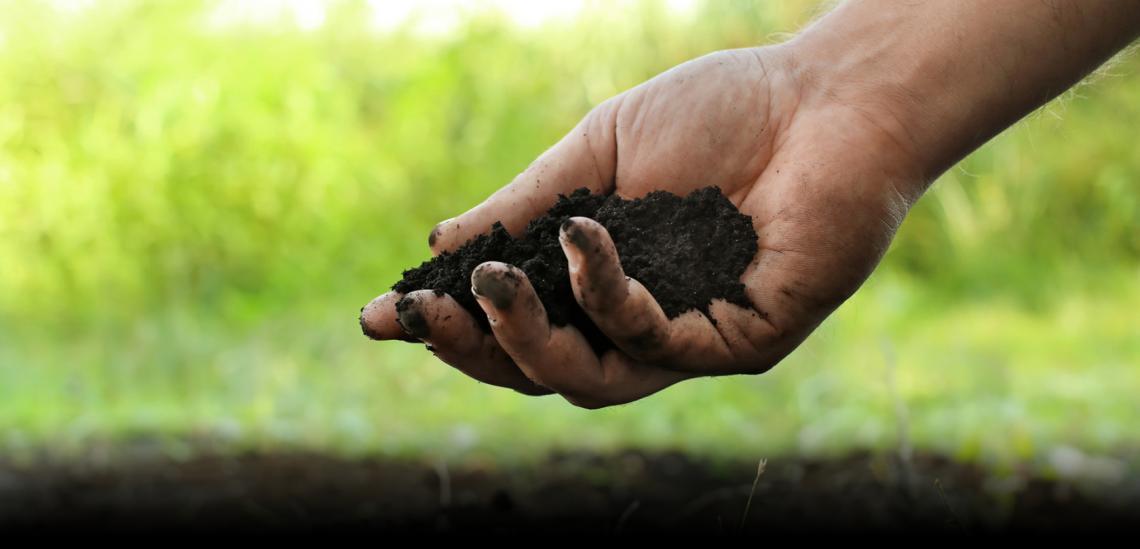Ontario Agricultural College researchers are creating a more environmentally sustainable agriculture and food system
Alilance-funded research on low-methane dairy cow selection is profiled in this story from U of G's Ontario Agricultural College (OAC). Read about work led by Dr. Christine Baes, done in part at the Ontario Dairy Research Centre, to reduce the emissions that are contributing 14 per cent of human-derived greenhouse gas emissions globally.

